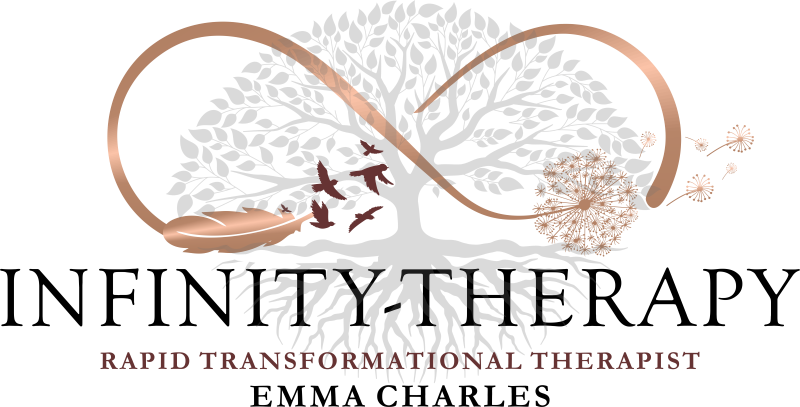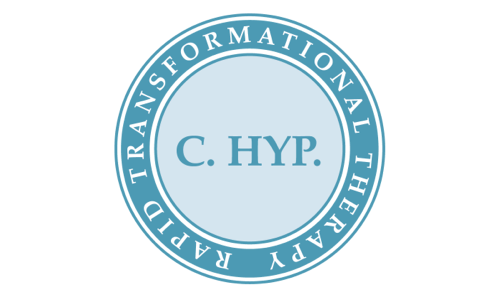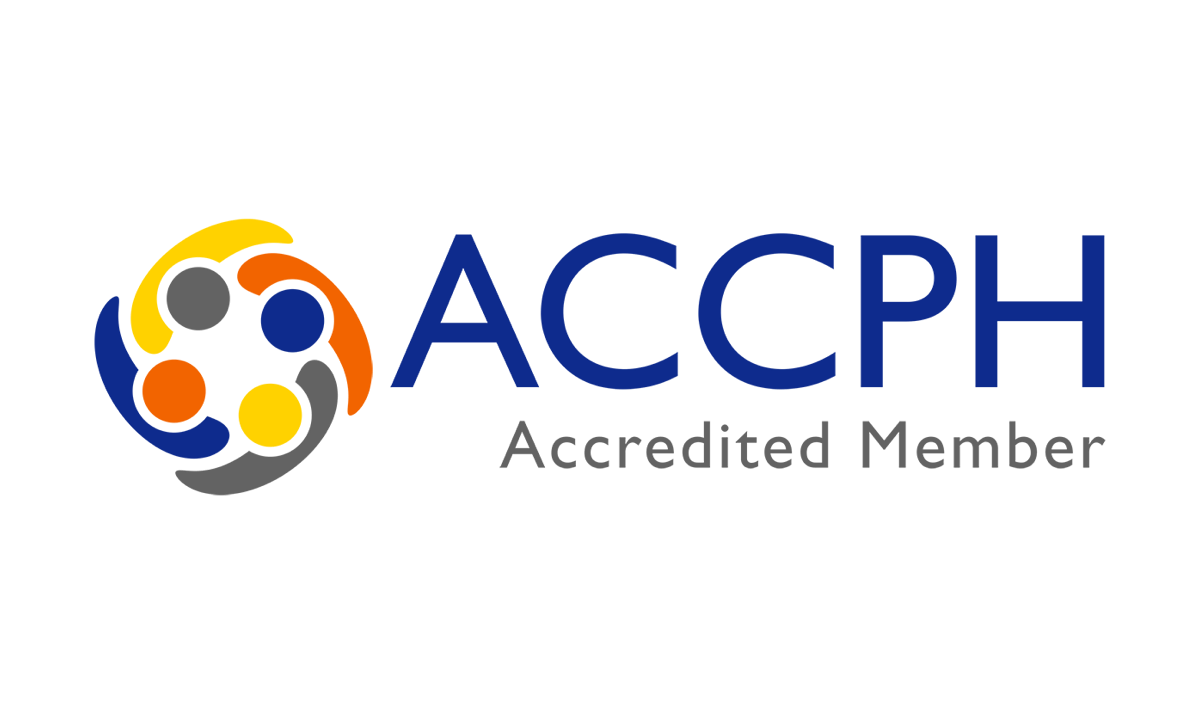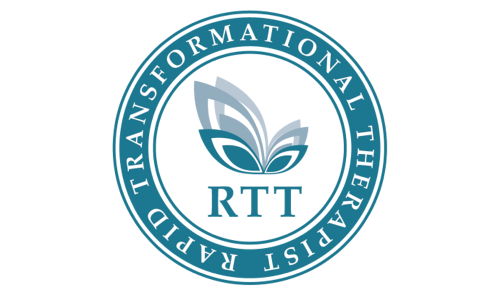Rapid Transformational Therapy for Addictions

Addiction is a common problem, and help is available, Addiction is a chronic dysfunction of the brain system that involves reward, motivation, and memory. It’s about the way your body craves a substance or behaviour.
Addiction is most commonly associated with gambling, drugs, alcohol and smoking, but it’s possible to be addicted to just about anything,
- Are you unable stay away from a substance or stop the addictive behaviour?
- Do you display a lack of self-control?
- Do you have an increased desire for the substance or behaviour?
- Do you dismiss how your behaviour may be causing problems?
- Do you suffer from a lack an emotional response?
Over time, addictions can seriously interfere with your daily life. They can lead to permanent health complications and serious consequences that impact your live on all levels.
Addiction is defined as not having control over doing, taking or using something to the point where it could be harmful to you.
Addiction is most commonly associated with gambling, drugs, alcohol and smoking, but it’s possible to be addicted to just about anything, including:
- work – some people are obsessed with their work to the extent that they become physically exhausted; if your relationship, family and social life are affected and you never take holidays, you may be addicted to work
- internet – as computer and mobile phone use has increased, so too have computer and internet addictions; people may spend hours each day and night surfing the internet or gaming while neglecting other aspects of their lives
- solvents – volatile substance abuse is when you inhale substances such as glue, aerosols, petrol or lighter fuel to give you a feeling of intoxication
- shopping – shopping becomes an addiction when you buy things you don’t need or want to achieve a buzz; this is quickly followed by feelings of guilt, shame or despair

Start your recovery today, embrace change, find hope, begin healing. Together is a good place to start, End addiction in 90 days.
What causes addictions?
There are many reasons why addictions begin. In the case of drugs, alcohol and nicotine, these substances affect the way you feel, both physically and mentally. These feelings can be enjoyable and create a powerful urge to use the substances again.
Gambling may result in a similar mental “high” after a win, followed by a strong urge to try again and recreate that feeling. This can develop into a habit that becomes very hard to stop.
Being addicted to something means that not having it causes withdrawal symptoms, or a “come down”, this can be unpleasant, it’s easier to carry on having or doing what you crave, and so the cycle continues.
Often, an addiction gets out of control because you need more and more to satisfy a craving and achieve the “high”.
How addictions can affect you
The strain of managing an addiction can seriously damage your work life and relationships. In the case of substance misuse (for example, drugs and alcohol), an addiction can have serious psychological and physical effects.
Behaviours such as substance misuse can be a way of blocking out difficult issues. Unemployment and poverty can trigger addiction, along with stress and emotional or professional pressure.




